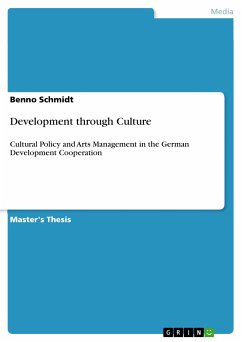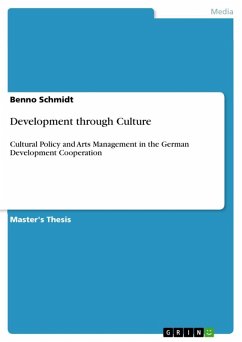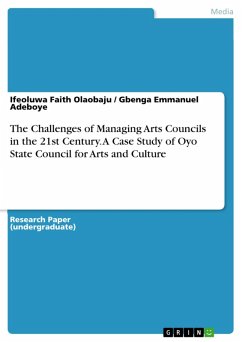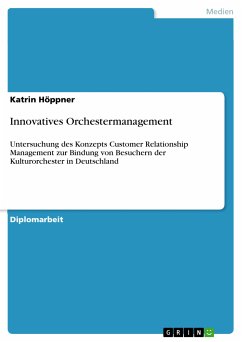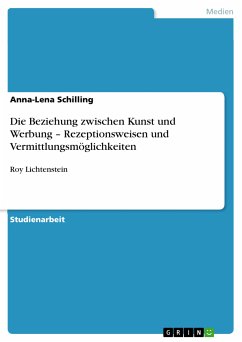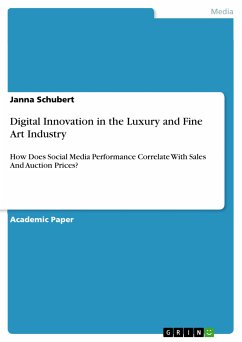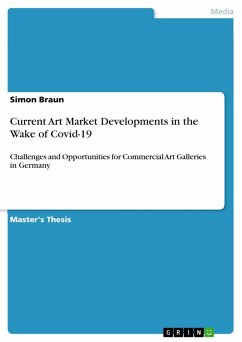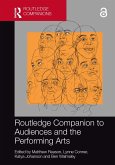Master's Thesis from the year 2012 in the subject Art - Arts Management, grade: 10.0 out of 10.0, University of València (DCADHA), course: Gestión Cultural, language: English, abstract: For at least three decades the topic of culture has been one of the central elements of development cooperation policies around the world. Numerous reports on the implications of culture in societal and human development processes have inspired researchers and intellectuals as well as policy-makers and cultural operators to look for new tools in order to ensure the adequate position of culture in overall development cooperation strategies. In the context of the current worldwide economic crisis, the challenge of effective and inclusive development cooperation seems more pressing then ever. Today, German and European decision-makers, local authorities, the private sector and civil society, are taking an increasing interest in culture in its various forms as a contributing factor to development on a human scale. It has shown that cultural awareness shows off in terms of economic performance and human development, but also that cultural resources are infinite if one knows how to apply their creative potential. Examples at local as well as at German, European and worldwide levels, show that culture as a resource for development has a high potential for attracting businesses, job creation, generating income and investment, while providing a matrix in which anyone can invent the terms of his or her development. Since culture is dynamic by nature, it provides various well-suited opportunities in the context of the current global crisis and the proceeding loss of identity within our global village. Might not culture, given its rich diversity, be part of the solution for sustainable and more equitable development? Should we not move culture to the forefront of our thinking on models for development and for international dc? And, if yes, what are the obstacles for cultural management? How can we assure that cultural aspects, in its broader sense, are more efficiently integrated into local, national and regional development programs?
Bitte wählen Sie Ihr Anliegen aus.
Rechnungen
Retourenschein anfordern
Bestellstatus
Storno

